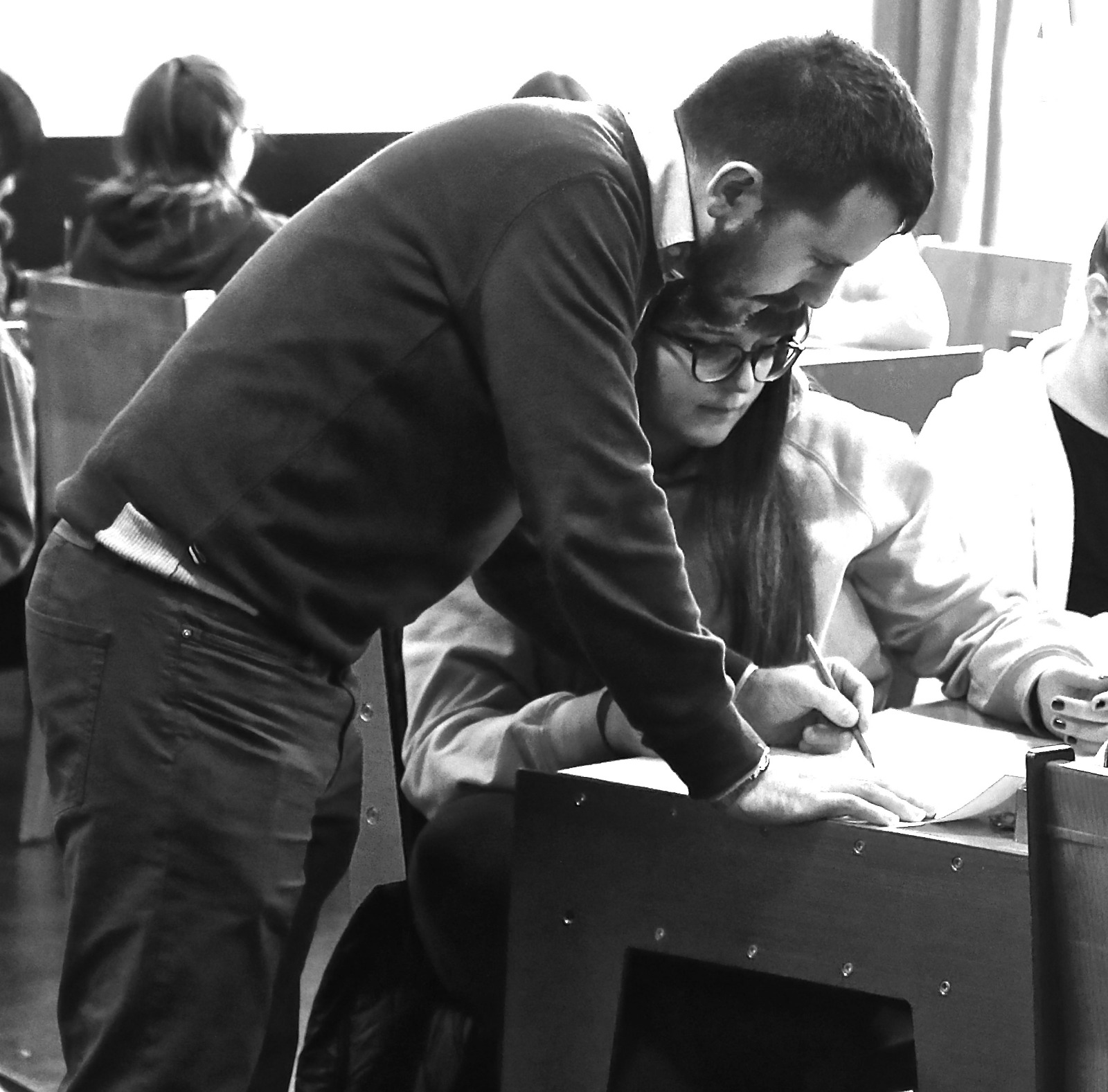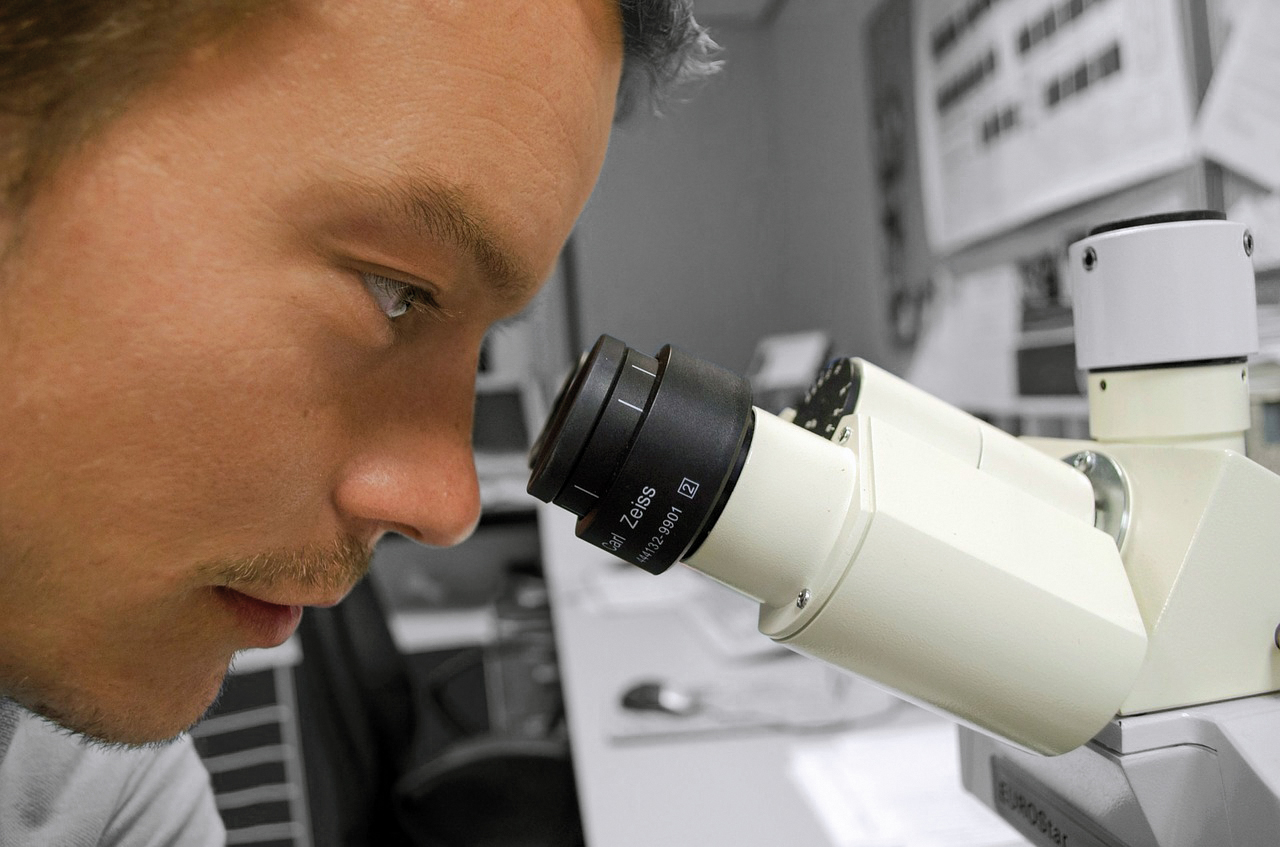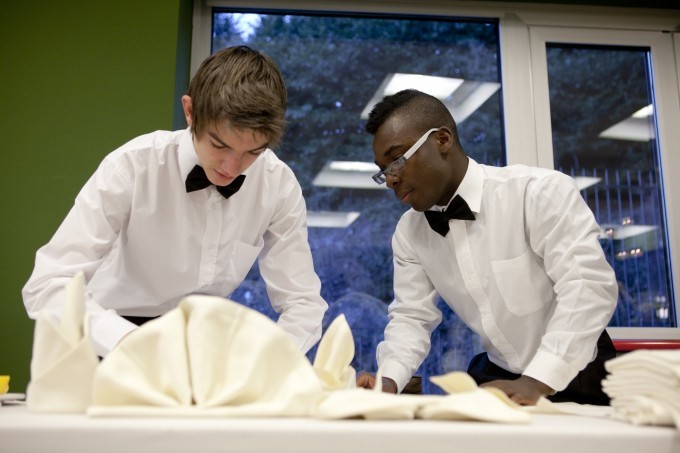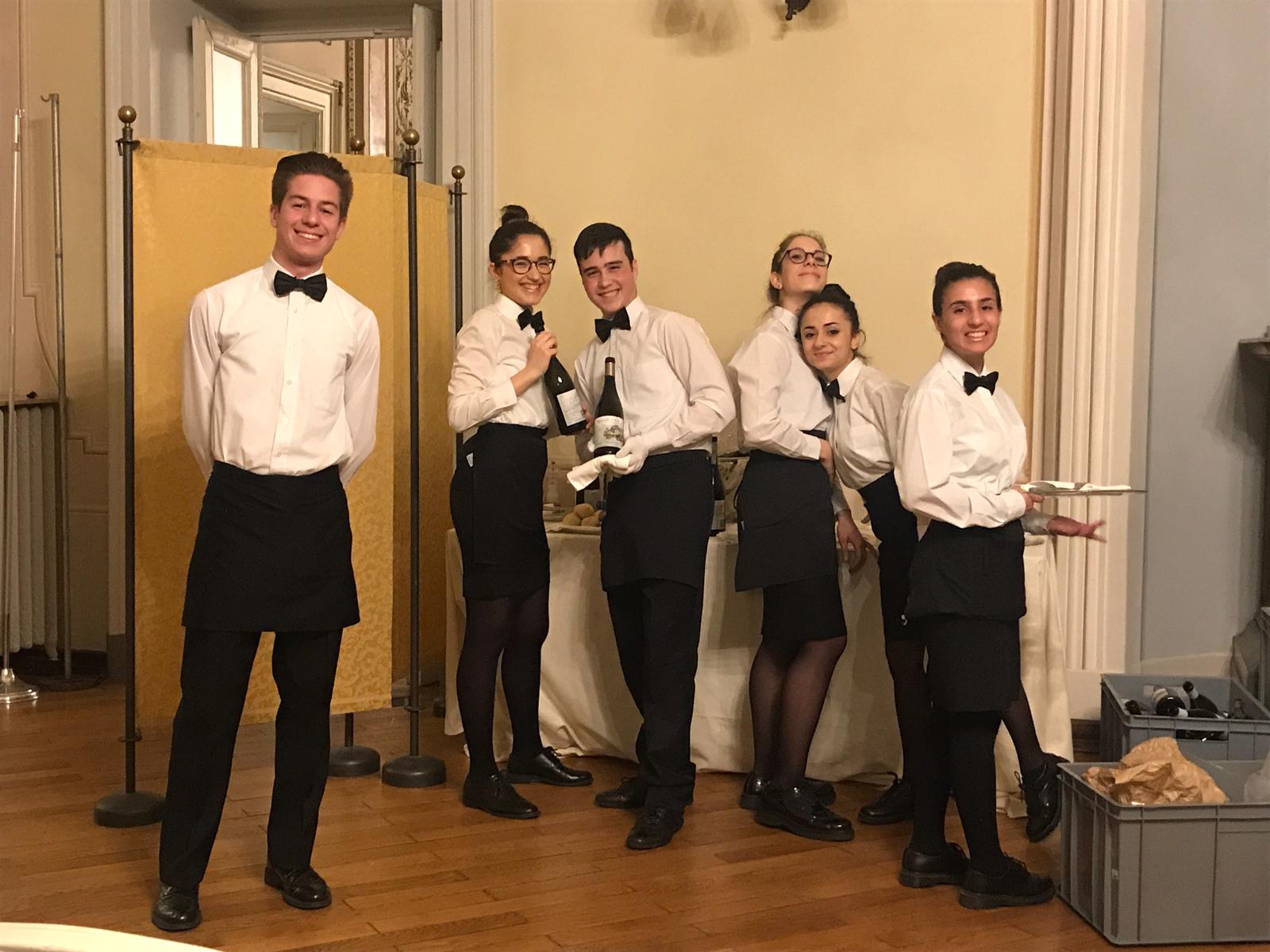“We need to offer excellence to everyone, to all VET learners […] no one should be left behind. In short, education should be both excellent and inclusive” (Thyssen’s message to EfVET Conference 2018).
In the recent EU policy on VET, the paramount vocation “to leave no one behind” is clearly stated, by promoting a “whole-school approach” in education for sustainable development (EU Council Conclusions, 2010). The Bruges Communiqué (2010) mentions VET role in promoting social cohesion and facing societal challenges, underlining its dual objective: excellence and inclusion. Also the Riga Declarations (2015) claim to “quality and attractiveness of accessible and inclusive VET” by “more flexible and permeable systems”. The EU New Skills Agenda (2016) invites VET to work on “personal fulfilment and development, social inclusion, active citizenship and employment”, in line with the strategy of “a resilient, inclusive and sustainable growth at territorial level” (Communication Strengthening Innovation in Europe’s Regions, 2017).
(Article published on the EfVET Magazine for Professionals – issue March/2020).
A DNA-model of Individual Capacity of “Leadership for Learning in VET”
Based on empirical findings in an Erasmus+ KA2 project titled “Leadership for Learning in VET”, the purpose of this paper is to reveal an empirically based DNA-model symbolizing the individual capacity of leadership for learning. Using the term “leadership for learning”, we address the connection between principals’ leadership for learning and teachers’ leadership for learning in VET. We found the DNA-model to be built by two strands of brick-stones: “Professional Skills and Knowledge” in wired with “Personal Attitude and Beliefs”. The findings presented in this paper are the result of a multiple case study conducted in collaboration with “leaders for learning” across domains of leadership for learning, across four VET schools, and across countries in the EU.
Rediscovering The Value Of Disciplines By Innovating Didactics: The Case of Liceo Artigianale
The Liceo Artigianale by Cometa Formazione represents a new paradigm of general school, based on a strong component of real-based and competence-based learning. Here a synthetic abstract of the research discussed by the author at ECER Conference 2019 in Hamburg (Research funded by Fondazione Deloitte).
Comprehension process and study skills: strategies as the best compensatory tools
Study skills and comprehension process in secondary-level students have been increasingly debated by scholars in the last years, due their crucial role in every learning activity, both for humanistic and scientific subjects, and for students’ performance (Cain & Oakhill, 2006). Learning disabilities urge teachers to pay more attention to didactic practice. Henceforth a stronger focus on how to help students is requested, in particular concerning the acquisition of strategies: the construction of scheme or concept maps, among other aspects, leads to a semantic knowledge and makes the retrieve of information easier. Low achievement is generally associated with poor knowledge and the use of strategies is necessary for the activation of compensatory processes in students with learning disabilities or learning difficulties. To this extent, the research aims at pointing out: the type of relation between study skills and the process of comprehension; the use of strategies and their role during the process of study; the performance of students with learning disabilities, compared with classmates.
(Co-authors: Cristina Ciociola, Beatrice Baragiola and Jennifer Biasolo, for the ECER Conference 2019. Research funded by Fondazione Deloitte. For the full paper, please contact Cometa Research)
VET For Inclusion And Identity Development: The Cometa Approach With Young Migrants
Cometa, located in Como, Italy, provides services to minors and young adults and is serving an increasing number of migrants. These young migrants are vulnerable due to their marginalization in areas such as language, cultural differences, and class status, and they face potential risks in not being able to find meaningful employment. This research proposal reports on findings from a qualitative study whose main objective was to examine students’ (who are migrants) and staff members’ growth and development through their involvement in a one-year long training course entitled the “Minimaster”. The Minimaster’s success relies on (1) a mix of training on professional subjects, e.g., enology, labour law, and Italian and English language literacy; (2) socio-emotional learning, e.g., communication skills, relationship building with local entrepreneurs; and (3) a combination of didactic methodology, e.g., strong work-based approach, as well as daily coaching and mentoring.
(Co-authors: Paolo Nardi and Terry L. Koenig, University of Kansas, for the ECER Conference 2019)
Career Guidance: the way to employability
During the European Business Summit 2016 in Brussels, Hans van der Loo, former vice-president of Shell, underlined how the scope of changes in recent times is such that it can be defined as the beginning of a new “era”, the Anthropocene. As he focused on the areas of education, training and transition to work, van der Loo stated: “Today we are educating our young people for jobs that do not yet exist, in order to solve problems that we are not yet even aware of. Only few seem to be aware of the exponential reality and we seem to think we can tackle 21st century challenges with 20th century education”. His contribution was then presented again and expanded by van der Loo himself during the third edition of the Conference “Cometa Social Innovation” on 5 May 2017: the change of era that is currently in progress undoubtedly marks a trajectory of change in the education, training and employment sector.
(Co-authors: Paolo Nardi, Samuela Arnaboldi and Barbara Robbiani. Research developed thanks to Progetto GO! funded by the Program Lombardia Plus*)
VET for employability: a best practice
“Go! Youngsters and employment, innovative careers in key sectors of the Como area” is a project implemented by Cometa Formazione from April to December 2018. A final conference was held last December 10th; documents are available here.
The intervention has been supported by the European Union within the framework of “Lombardia Plus 2018” program of POR FSE Lombardia 2014/2020 – Axis III – Action 10.4.1.: an initiative of Lombardia Region which supports training and work placement of unemployed or disadvantaged people in the key and growing sectors of the Region.
Learning Enterprise in HVET: the case of Stenden Hotel
On May 16th, the monthly Cometa UNEVOC Centre Seminar hosted Thulani Xhali, CEO at Stenden Hotel. Stenden Hotel is one of the best practices in Europe in terms of School-Enterprise approach: it is a company including not only a hotel, but also a restaurant, cafeteria, catering service and providing event management and facilities. Students of the NHL Stenden University, enrolled at EQF5-7, play a role in different activities, from operational to strategical, according to their academic level. For every academic year, competences have been outlined and matched with the specific activities carried out in the several departments of the learning company. The main pillars of the pedagogical and organizational model, the pros and cons and the main challenges have been discussed during the seminar. The presentation given by Thulani Xhali has been streamed in cooperation with IATH Academy and EfVET. The video is available here. Slides are available on request (paolo.nardi@puntocometa.org)
Growth mindset education in VET: Cometa Work-Based Guidance model
Nowadays, the world of work poses enormous challenges to the world of education. A world in continuous (technological, organizational, cultural …) evolution increasingly requires the personal development of characteristics such as flexibility, ability to adapt to different contexts and, above all, the willingness to learn continuously. To adapt to this condition it is essential to have a set of skills consisting of basic skills, technical and professional skills and transversal skills, which are necessary to learn methodically, solve problems by inventing unusual solutions, collaborate with others, understand and adapt to the context to be able to introduce change. Beyond this, what is needed is an individual who is a protagonist, aware of himself/ herself, able to handle changes. How can we educate and form such an individual?
Graduate tracking and Alumni relations in VET schools
Since the Council Recommendation on Tracking Graduates (EC, Nov 2017), tracking procedures have become a key policy priority. The Recommendation is part of the New Skills Agenda for Europe and aims at improving the availability of qualitative and quantitative data on graduates from Vocational Education and Training (VET) and higher education programmes. It invites Member States to establish, by 2020, graduate tracking systems that include the collection of relevant administrative data from education, tax and social security databases; the development of longitudinal graduate surveys; and the possibility to link, on an anonymous basis, data from different sources to build a composite picture of graduate outcomes.










